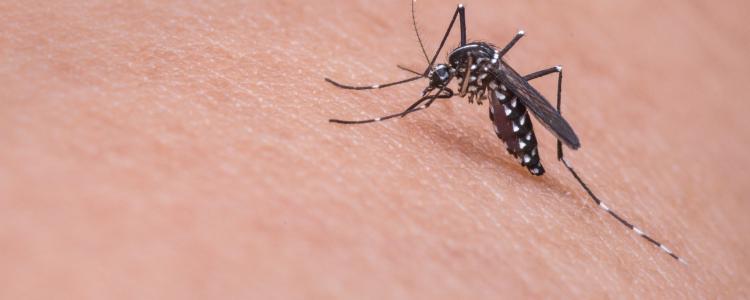There has been widespread concern regarding Zika Virus, with cases now being reported in Europe as well as continuing outbreaks in North & South America. There have been smaller numbers of cases in Asia. Nomad Medical Director, Professor Larry Goodyer, has the following advice for travellers.
It is still early days regarding the true impact and nature of the Zika Virus, in particular how it can affect the foetus. Certainly, the advice to reconsider travelling to these countries if pregnant until we know more should be followed. There is only one certain way of reducing the risks of the disease and others like it such as dengue – follow good mosquito bite avoidance practice. Unfortunately, my research has shown that most people simply do not take adequate precautions against mosquito bites despite having the necessary repellents and other equipment. For instance many people do not cover up exposed skin or use sufficient repellent.
My bite avoidance advice for Zika Virus is:
1. The mosquito transmitting Zika bites mostly during the day and it’s most active times are mid-morning and late afternoon, so take extra precautions during those hours
2. Apply 50% DEET insect repellent to exposed skin and reapply it if the effect wears off after a few hours. There has been some research to show that DEET does not cross the placenta and on balance any potential worry about DEET safety is outweighed by the risk to the foetus from Zika
3. Cover up exposed skin on arms and legs and ideally with clothing treated with insecticide
4. Dont foget there may be other mosquito born diseases around and the mosquito transmitting malaria bites at night so sleep under a mosquito net and use plug-in room insecticie vapourisers
Nomad are your experts for advice on mosquito bite avoidance and can supply top of the range products – so pay them a visit before you go by booking a consultation at one of 9 Travel Clinics nationwide.


No Comments
Be the first to start a conversation